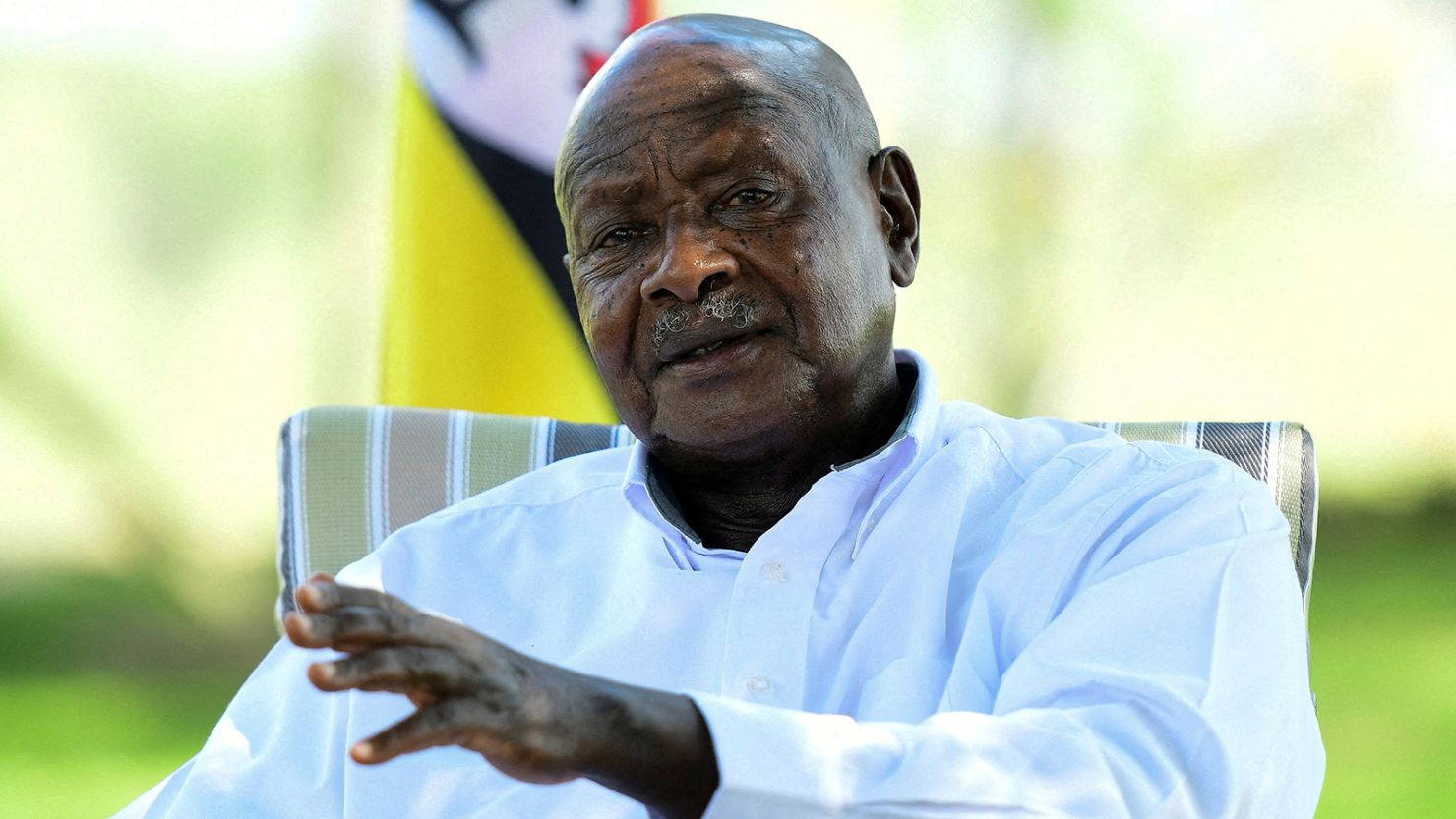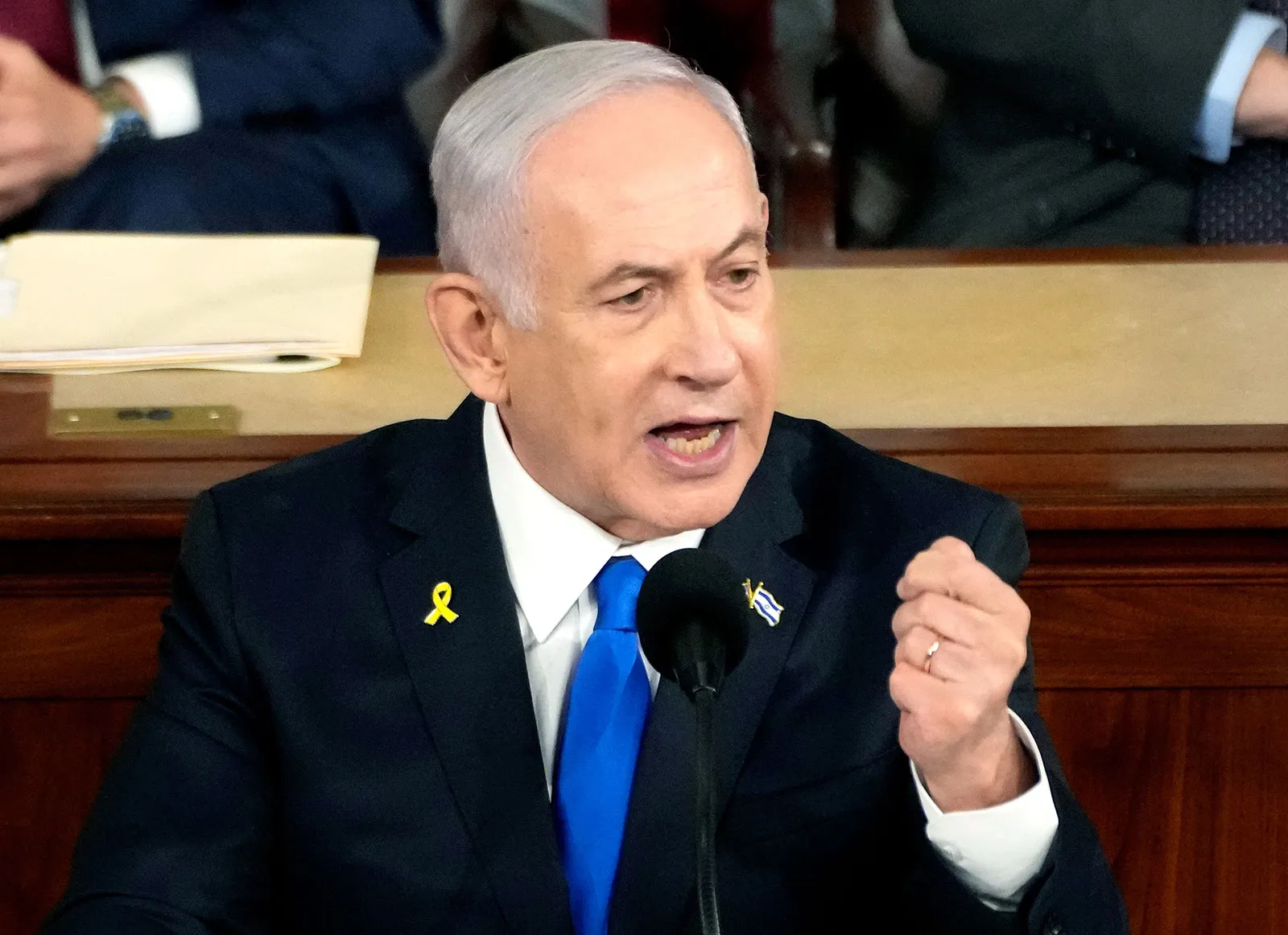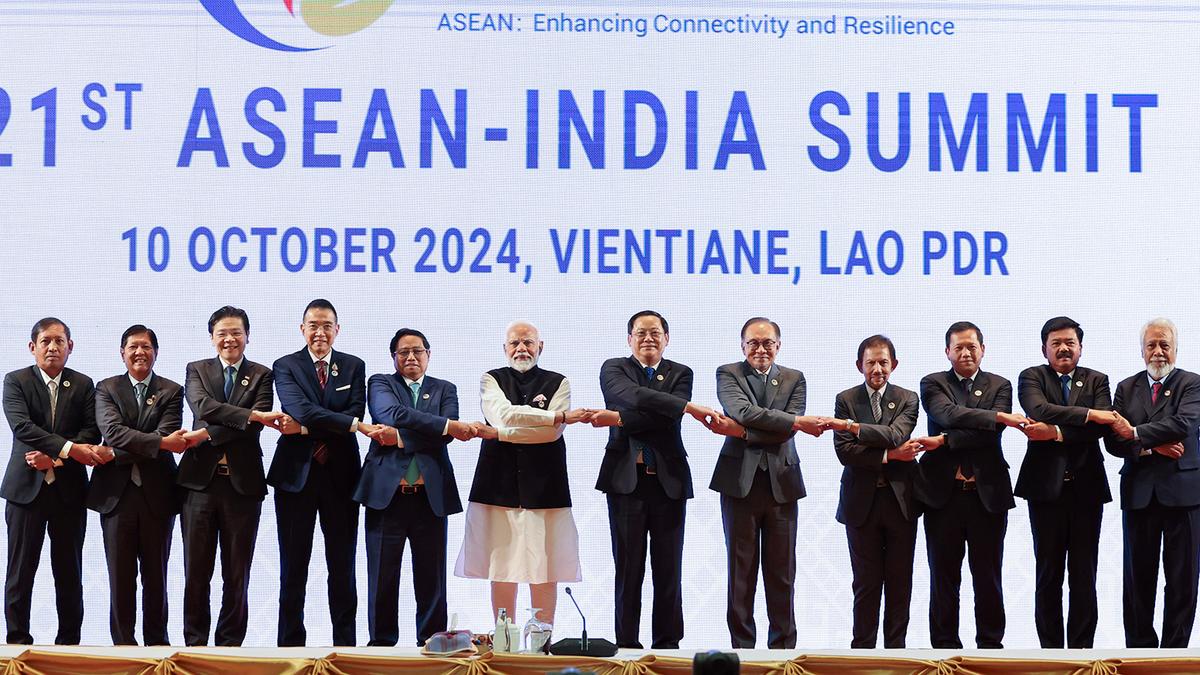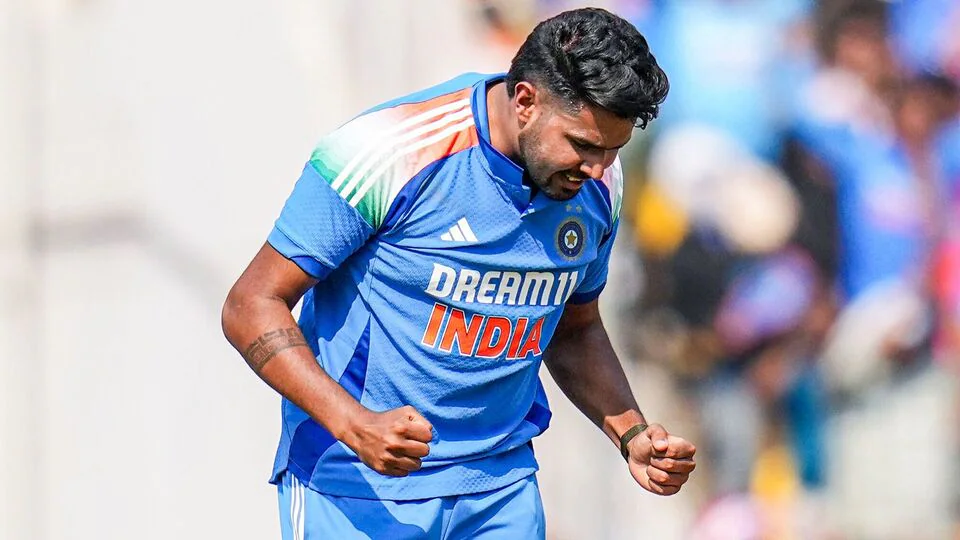Date: 19th October 2025 In his most recent public appearance at the commencement of hustings, President Yoweri Kaguta Museveni spoke to thousands that turned up for his rally in the Obongi District in West Nile region, and promised to deal with what he described as government’s -two main debts- owed to that district – electricity accessibility and improved road network.
Some of the major roads to be improved, include the 132km long Noko –Obongi-Adjumani-Owafa-Lubala-Kurikiringa road and Goli-Panyimur-Pakwach-Rhinocamp-Obongi (OBAPA) Road Corridor are intended to promote trade and tourism along the Nile, he added.
Apart from infrastructure, he promised to improve the state of health: elevating Health Centre IV in Obongi into a full district hospital and ensuring all sub-counties have functional health units.
He also chastised local leaders for failing to maintain the roads, despite government efforts, warning that “If somebody is sleeping, I’m going to wake them up.
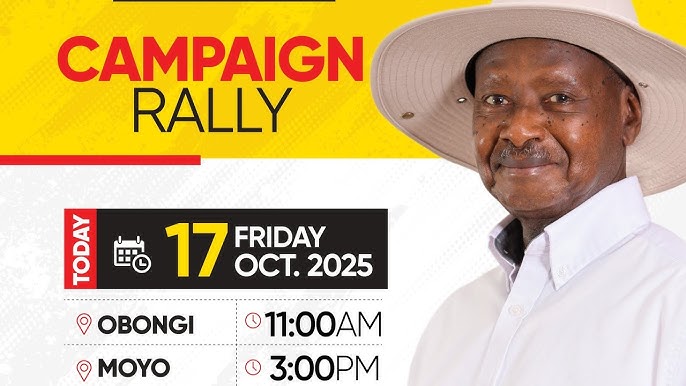
Why this matters :
This is important for several reasons:
Regional equity: Obongi is one of those places that have been chronically left behind; the move will help counter the feeling of marginalisation in Uganda’s West Nile region.
Legacy talk: Museveni, in office since 1986, has emphasised infrastructure as a hallmark of his government’s success.
Election context: With the next presidential election not far off (expected January 2026), and it widely assumed that Museveni will run, politically charged infrastructure promises fulfill political as well as development functions.
Governance and accountability: A focus on deadlines (see the white paper) and procurement (‘money has been secured … we’re doing procurement’) indicates a move from pledge to implementation rhetoric—whether this will be followed by success is another matter.
There is no proof that President Yoweri Museveni is in critical condition or has been admitted to the hospital. Museveni actually met with leaders and gave a public speech in Obongi that day.
This episode emphasizes how erratic online rumors can be, particularly when they involve well-known politicians in nations with strong media attention and limited press freedom.
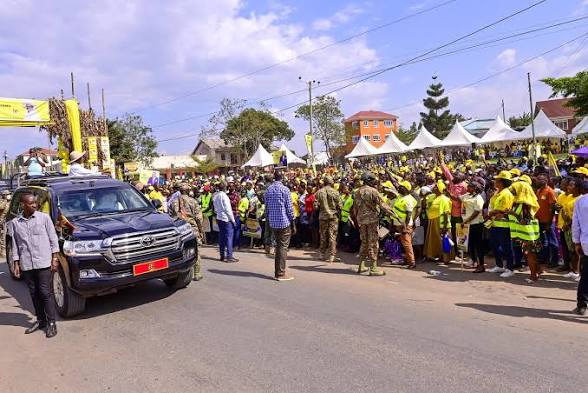
Things to look out for in the upcoming weeks :
- Delivery vs. announcement: Will the road and electricity improvements take place as scheduled? In Uganda’s infrastructure sector, procurement and implementation frequently experience delays.
- Political signaling: As the election draws near, will other marginalized districts get comparable high-profile promises?
- Online narratives and media freedom: How will the government react to future online allegations (like the hospitalization one) and will it be transparent in confirming or refuting them?
- Reaction of the opposition: How will civil society and opposition parties react or mobilize, especially in relation to accountability issues, given the regime’s promises of significant development?
The bottom line :
President Museveni’s most recent pledges in Obongi follow a well-known pattern: significant infrastructure commitments made in underdeveloped areas to support political legitimacy and development. The simultaneous propagation and refutation of health-related rumors serves as an example of Uganda’s complicated media landscape. The crucial factors will be whether these pledges are fulfilled and how they relate to the nation’s larger political landscape, as is always the case with such declarations.
